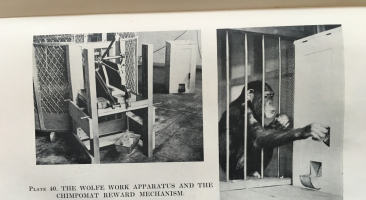Knowledge Systems
The projects in this research area analyze how knowledge systems structure different spheres of human activity, in which they are simultaneously (re)produced. In particular, they analyze the change as well as the impact of different forms of knowledge in politics and the economy. Examining contemporary history as a whole, they place specigif emphasis on the importance of scientific knowledge for the transformation of worldviews and modes of action. In addition, they reflect upon the effects of past knowledge systems on historical scholarship and historiography.


